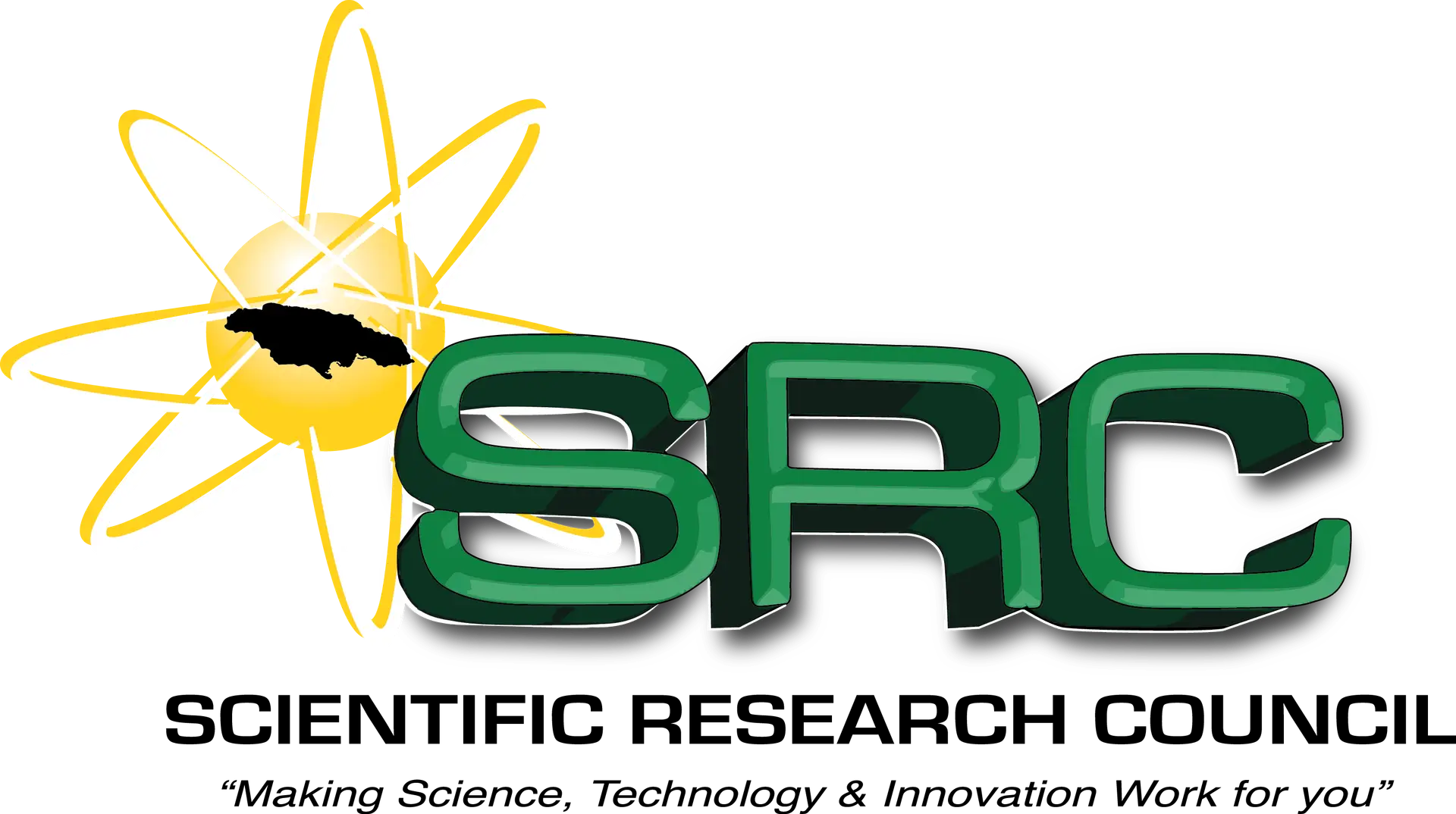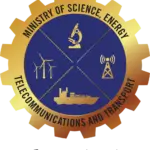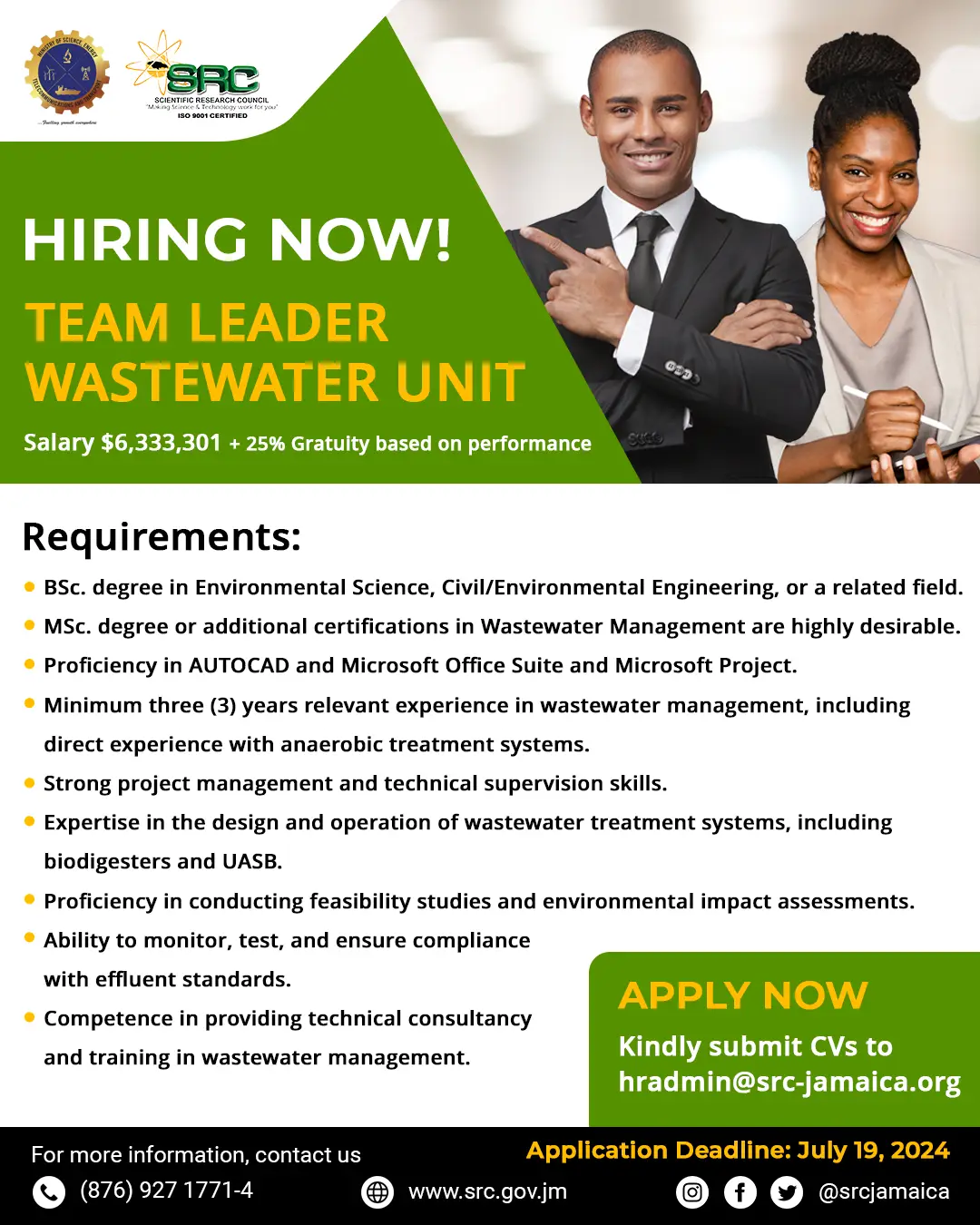
“Nothing in life is to be feared, it is only to be understood. Now is the time to understand more, so that we may fear less” (Marie Curie).
Jamaica is known for producing brilliant international renowned scientists that have had a global impact. Scientists are using their knowledge and applying it to impact societal, economical and global change. The willingness of our own Jamaican scientist- such as Dr. Marcia Roye the first Jamaican to have received the L’Oreal-UNESCO International Fellowship, Prof. Paula Tenant first person in the Caribbean to develop a bioengineered plant product and Dr. Lawrence Williams extraordinary anti-cancer drug discoverer- is exceptional just to name a few impactful living Jamaican legends.
Science holds the key to the progress and development of Jamaica and has impacted several lives through, (1) wealth creation- several entrepreneurs, micro, small and medium-sized enterprises (MSME); (2) improved the quality of life- through scientific research in health, agriculture among others; (3) increased real economic growth and transformation in our society. The Ministry of Science, Energy and Technology (MSET) has been playing an instrumental role in the development of the science and technology sectors in Jamaica along with agencies such as the Scientific Research Council (SRC), the National Commission on Science and Technology (NCST) and the International Centre for Nuclear Science (ICENS) and our Universities. The Government of Jamaica (GOJ) recognizes the impact that science and technology have had on the Jamaican economy over the last few decades and is committed to stimulating and improving its growth.
The Government is therefore committed to deepening the use of science and is in this regard has approved for tabling in Parliament, as a White Paper, the National Science, Technology and Innovation (NST&I) Policy. The NST&I Goals as set out in the policy include:
Goal 1: A Dynamic and Responsive National System of Innovation
Goal 2: A Culture of Innovation
Goal 3: A Development Agenda Advanced by ST&I
Goal 4: An Excellent Research and Development Capability
Goal 5: An Enabling ST&I Policy Environment
It is important to note that Goal 4 in the policy is aimed at emphasizing science at all levels in the educational system and re-orienting the entire society towards scientific thinking in order to develop new scientific-based technologies and adapt existing ones to improve our societal wellbeing and our research and development capability.




